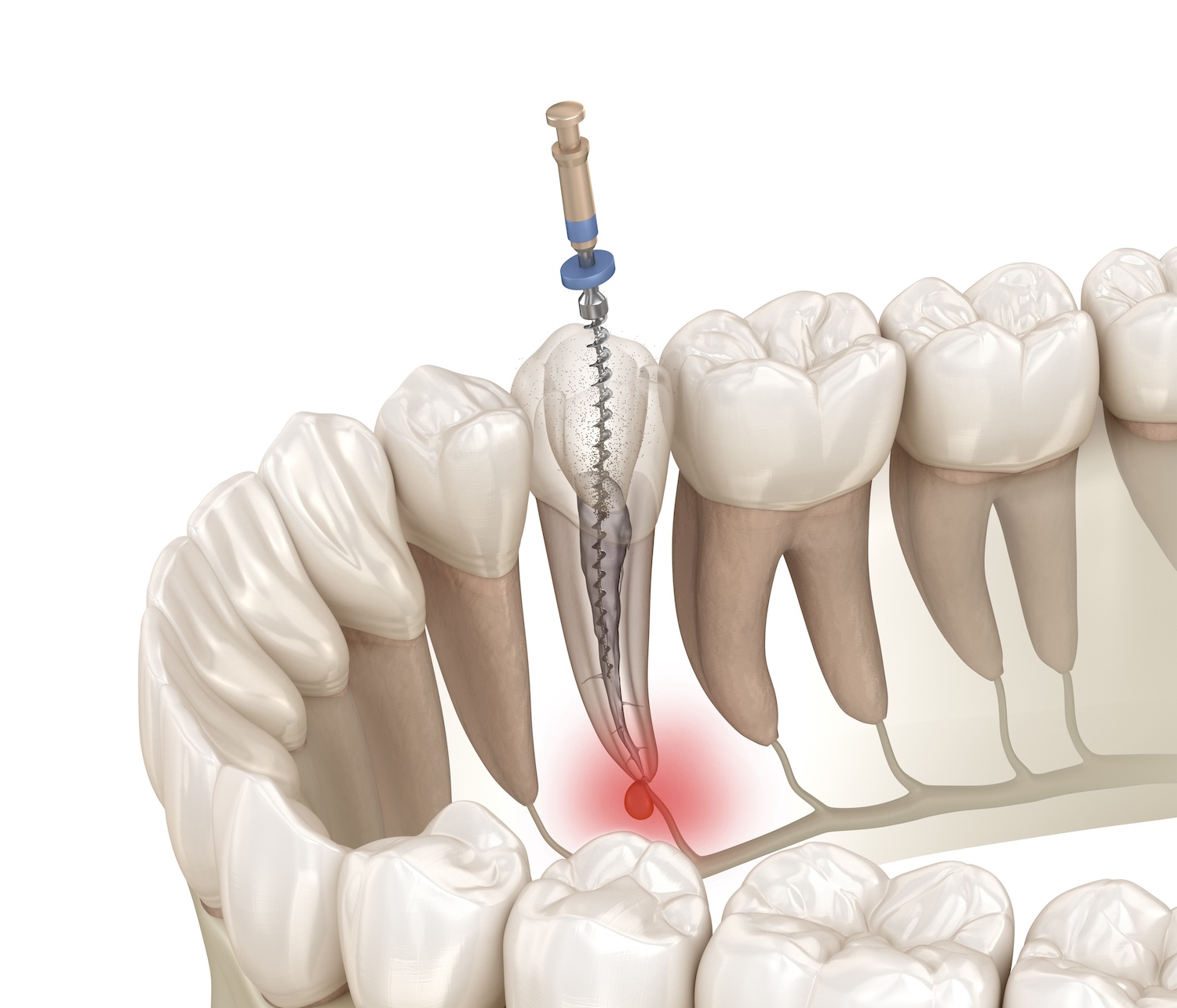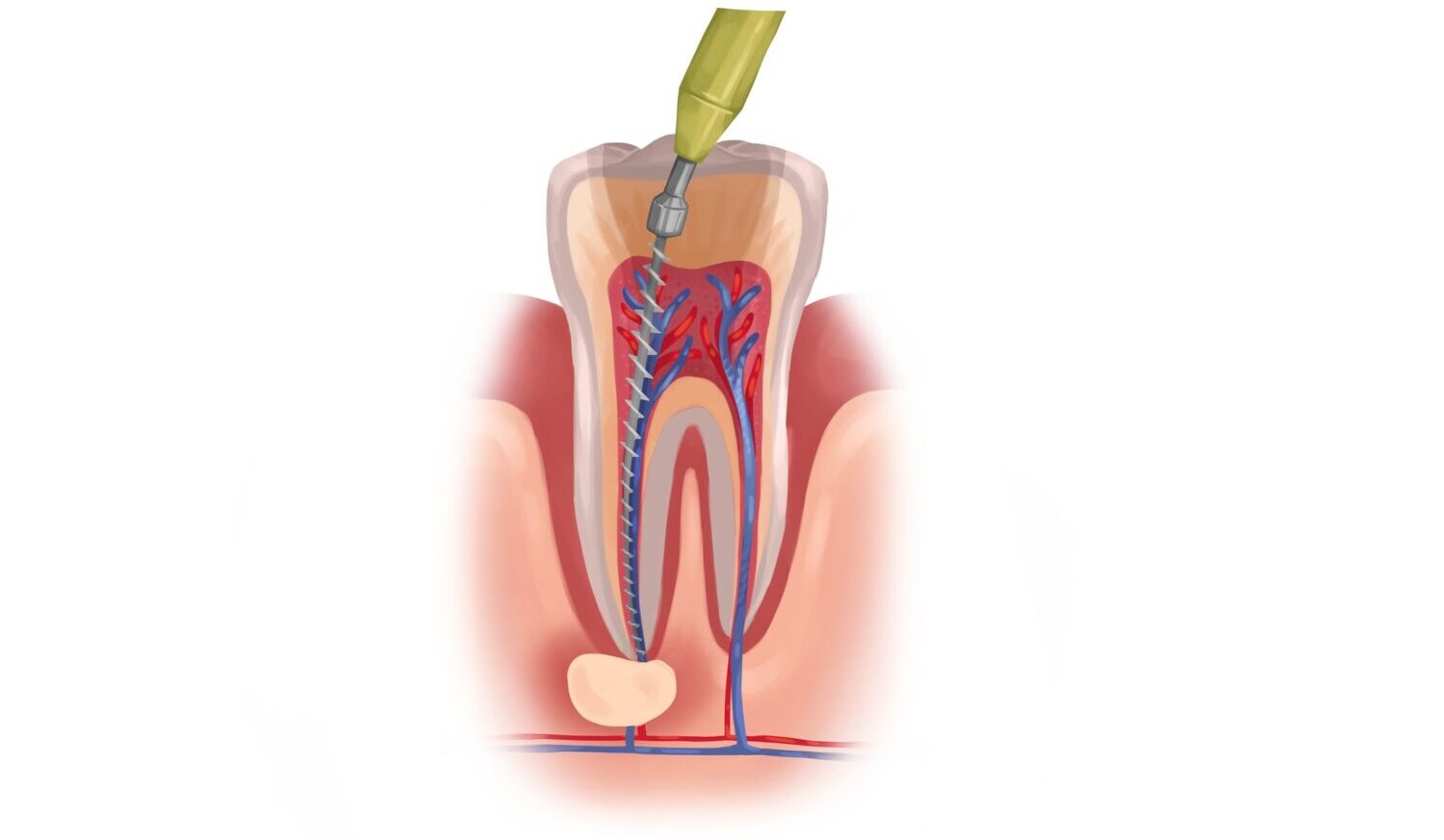In this post, learn about whitening methods for a tooth after a root canal, from internal bleaching to veneers.
It’s Root Canal Awareness Week: What You Should Know

Every year, Root Canal Awareness Week shines a light on one of the most misunderstood procedures in dentistry. The words “root canal” still make some people uneasy—but the reality is much less dramatic than the reputation suggests. In fact, root canals often relieve pain, not cause it.
If you’ve ever had an infected or damaged tooth, you know how intense that pain can be. A root canal helps save the tooth by removing the damaged tissue, cleaning out the infection, and sealing it to prevent future problems. It’s a safe, routine procedure—and often the best way to avoid needing an extraction.
Why Would I Need a Root Canal?
Root canals are typically recommended when the soft tissue inside a tooth—called the pulp—becomes inflamed or infected. This can happen for a few reasons:
Deep decay from an untreated cavity
A cracked or broken tooth that allows bacteria in
A history of trauma to the tooth
Multiple dental procedures on the same tooth
You might notice symptoms like pain when chewing, lingering sensitivity to hot or cold, or swelling near the affected tooth. Sometimes you’ll see a small bump on the gums or a darkened tooth. But not every infection causes obvious symptoms, which is why routine dental checkups are so important.
What to Expect From Treatment
Despite its reputation, root canal therapy isn’t much different from getting a filling—it just takes a little longer. Your dentist will numb the area, carefully remove the infected pulp, clean the root canals, and fill the space to seal it off. In most cases, a crown is placed over the tooth to restore strength and function.
Thanks to modern techniques and local anesthesia, the procedure is typically very manageable—and recovery is usually mild.
Do Root Canals Last Forever?
A root canal can preserve your natural tooth for many years, especially when it’s followed by a well-fitted crown. However, like any dental restoration, it still requires good oral hygiene and regular checkups to monitor its condition. With proper care, root canal-treated teeth can function just like healthy ones.
Root Canal Therapy at CarolinasDentist in North Carolina
At CarolinasDentist, our team makes root canal treatment comfortable, clear, and effective. Whether you’re dealing with persistent tooth pain or simply want to explore your options, we’re here to help. With 13 convenient locations (and counting!) across North Carolina, quality care is never far away.
If you’re unsure whether your tooth needs a root canal or another form of treatment, schedule a visit with us. We’ll walk you through your options, answer your questions, and help you feel confident in your care.
Don’t let tooth pain linger—get the answers and support you need during Root Canal Awareness Week.
Quick FAQs
Is a root canal the only way to treat an infected tooth? Often, yes—if the pulp is infected, a root canal is the best way to save the tooth.
How long does it take? Most root canals take about 60 to 90 minutes. Some cases may require two visits.
Will I need a crown afterward? In most cases, yes. A crown helps strengthen and protect the tooth long-term.
Is the procedure expensive? It depends on your insurance and the complexity of the case, but root canals are generally more cost-effective than an extraction and dental implant.









